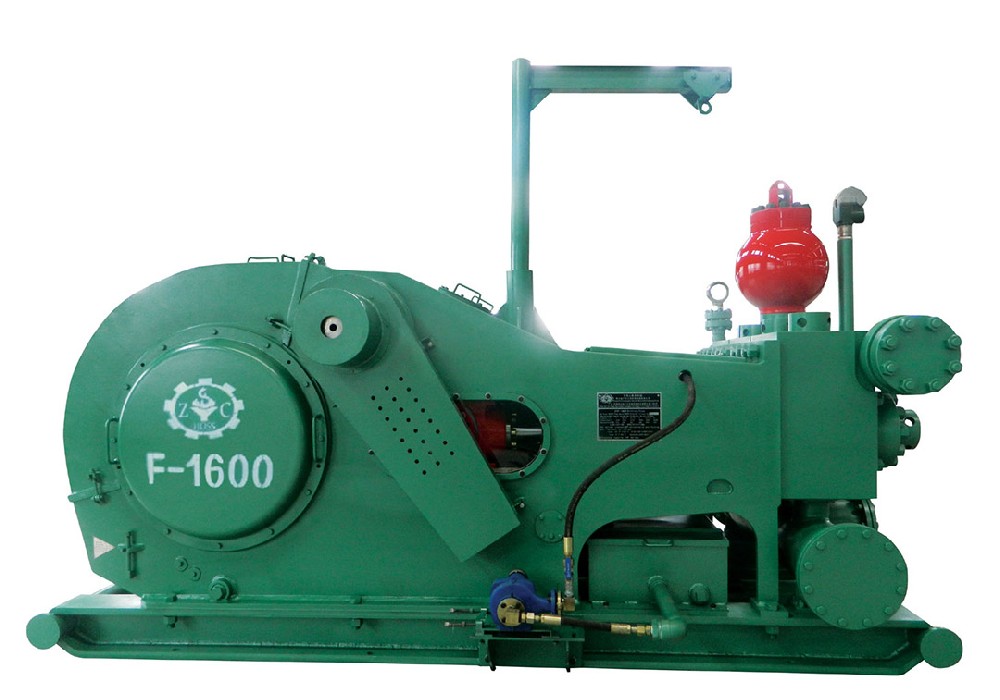The oil and gas industry is a significant contributor to the worldwide economy, providing the energy needed to power modern life. However, the industry is facing numerous challenges, including aging infrastructure, declining reserves, and increasing environmental concerns. These factors have led to the rising demand for oilfield engineering and the development of new technologies.

Oilfield engineering is an essential aspect of the energy industry, encompassing a wide range of activities involved in the exploration, development, and production of oil and gas resources. These activities include drilling, reservoir engineering, production optimization, and safety management, among others.
One of the primary goals of oilfield engineering is to improve production efficiency, increasing the amount of oil and gas that can be extracted from a particular reservoir. This is achieved by utilizing advanced drilling and completion technologies, such as horizontal drilling, hydraulic fracturing, and intelligent well systems.
Another critical aspect of oilfield engineering is safety management. The oil and gas industry is inherently hazardous, with numerous risks associated with drilling, production, and transportation. Oilfield engineers are responsible for identifying potential hazards and developing strategies to mitigate these risks, ensuring the safety of personnel and the environment.
Environmental sustainability is also a significant concern for the energy industry, with increasing pressure to reduce the environmental impact of oil and gas production. Oilfield engineers are actively developing new technologies to improve the environmental sustainability of the industry, such as carbon capture and storage, and renewable energy solutions.
Oilfield engineering is also driving innovation in data analytics and automation. Oilfield engineers use advanced data analytics technologies to gather and analyze large amounts of data from drilling operations, reservoirs, and production facilities. This information is used to optimize production and reduce costs.
Automation is another critical area of innovation in oilfield engineering. Automation technologies, such as unmanned aerial vehicles, are used to conduct remote inspections of offshore platforms, pipelines, and other infrastructure, reducing the risk of human error and increasing safety.
In conclusion, oilfield engineering has become a critical component of the energy industry, responsible for identifying and implementing new technologies that improve production efficiency, safety, and environmental sustainability. Oilfield engineers are driving innovation and transforming the energy industry, ensuring a reliable and sustainable energy supply for years to come.